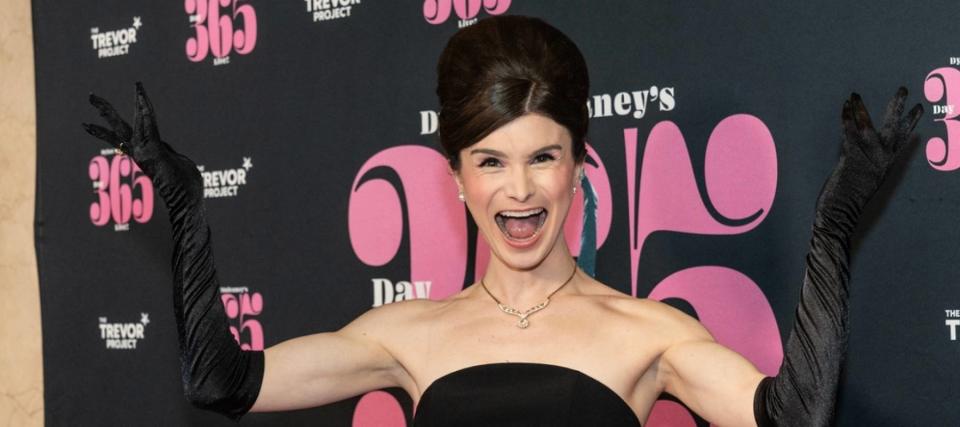'Not a formal campaign': Anheuser-Busch distanced itself from the Bud Light controversy — says it was one camp, one post, one influencer. But is it enough to win back drinkers?
Earlier this week, Michel Doukeris — chief executive officer of Anheuser-Busch InBev — was eager to put some distance between the company’s core operations and its controversial social media collaboration featuring transgender influencer Dylan Mulvaney.
“Let me start by clarifying a few facts,” Doukeris said on the first quarter 2023 earnings conference call. “This was the result of one camp. It was not made for production or sales to [the] general public. It was one post, not a formal campaign or advertisement.”
Don't miss
Rich young Americans have lost confidence in the stock market — and are betting on these 3 assets instead. Get in now for strong long-term tailwinds
Here's how much money the average middle-class American household makes — how do you stack up?
This janitor in Vermont built an $8M fortune without anyone around him knowing. Here are the 2 simple techniques that made Ronald Read rich — and can do the same for you
Doukeris went on to explain that “the situation has impacted our people and especially our frontline workers: The delivery drivers; sales representatives; our wholesalers; Bud owners; and servers…We've been doing everything we can to support our teams.”
Part of that support involved offering free beer to distributors across the network, some of whom had received personal threats in recent weeks.
Meanwhile, the company has also suspended the campaign and placed two executives on leave. However, it may be too early to tell if the company’s flagship brand has been permanently damaged and if these recent efforts will win them back. After the earnings call, investors only have a glimpse into what comes next for AB InBev shares.

Early indications
Industry publications such as Beer Business Daily and data from NielsenIQ and Bump Williams Consulting suggested that sales of Bud Light were plummeting as the public backlash continued. Some wholesalers also confirmed the reports of sales declining.
However, AB InBev’s management was quick to point out that these declines represented just a fraction of the company’s overall sales. “Bud Light volume decline in the U.S. over the first three weeks of April, as publicly reported, would represent around 1% of our overall global volumes for that period,” Doukeris confirmed during the earnings call. “We believe we have the experience, the resources, and the partners to manage this. And our full-year EBITDA growth outlook is unchanged.”
That’s good news for investors.
Investors might also be encouraged by the fact that other multinational brands have brushed off similar controversies in the past. Disney shares are up 13% year-to-date and the company has even announced a Pride event at its resort in June, despite the backlash against the company’s stance on Florida’s so-called ‘Don’t Say Gay’ bill.
Meanwhile, Nike shares are up nearly 7% year-to-date despite its own collaboration with Dylan Mulvaney. Nike’s partnership with the controversial star continues despite the backlash.
AB InBev shares
Anheuser-Busch InBev stock closed up 3.5% on Thursday after the earnings call. Year-to-date, the stock is up about 9%, pretty much in line with the S&P 500 over the same period.
The company’s stock performance, full-year guidance and sales volume all indicate that the ongoing boycott may have minimal impact on the company’s long-term prospects. Investors with a broad time horizon may probably want to overlook the temporary disruption in public relations.
What to read next
You could be the landlord of Walmart, Whole Foods and CVS (and collect fat grocery store-anchored income on a quarterly basis)
UBS says 61% of millionaire collectors allocate up to 30% of their overall portfolio to this exclusive asset class
What do Ashton Kutcher and a Nobel Prize-winning economist have in common? An investing app that turns spare change into a diversified portfolio
This article provides information only and should not be construed as advice. It is provided without warranty of any kind.
